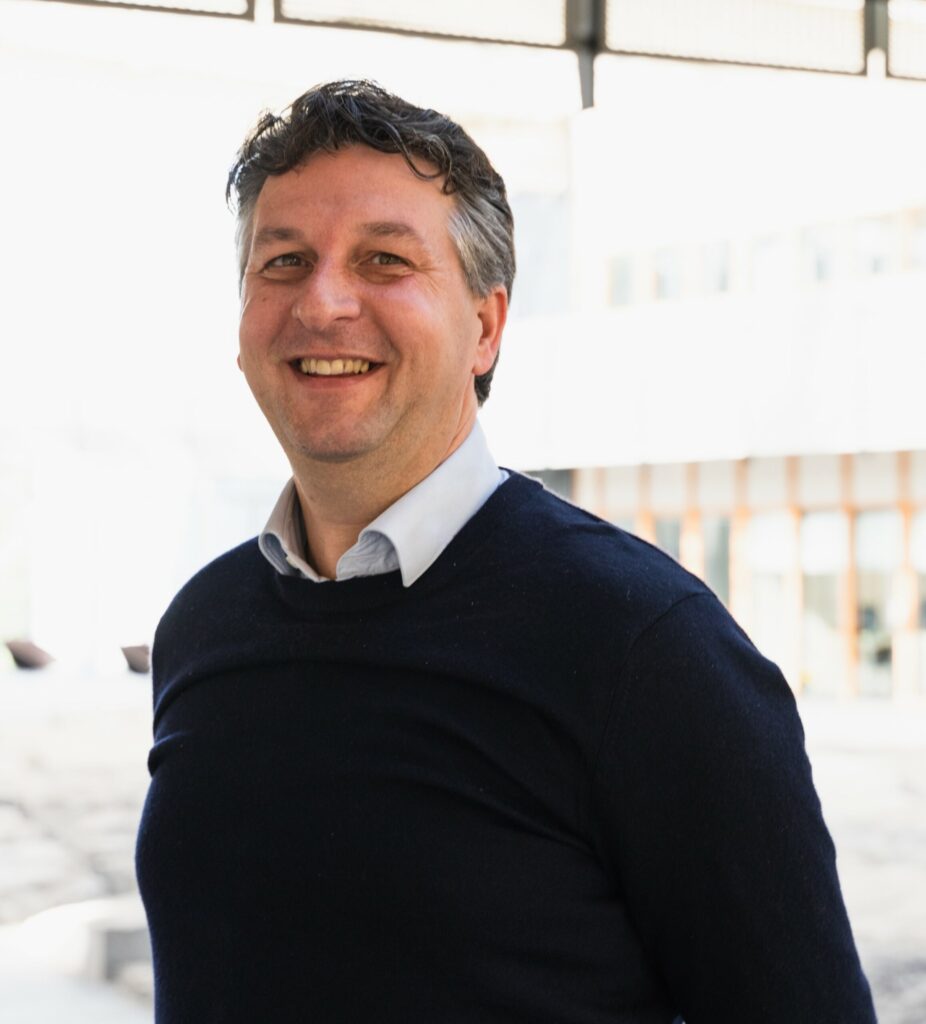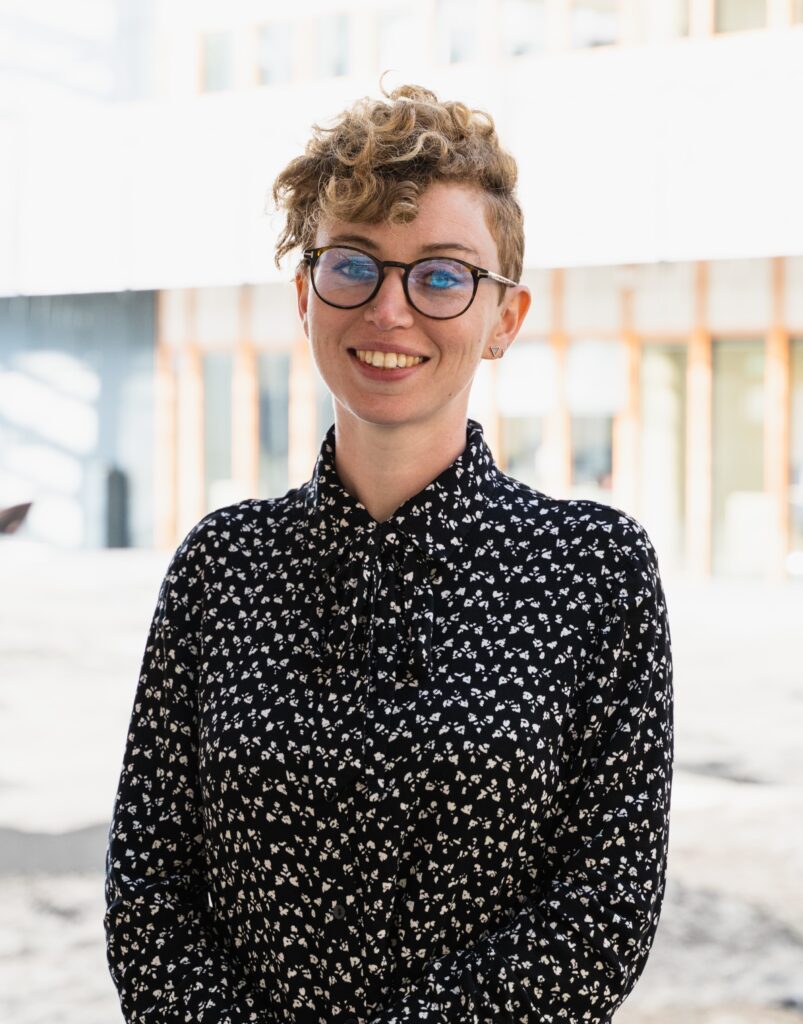EWUU brings together experts from different scientific fields to tackle pressing societal and health challenges. One of its initiatives is the EWUU Centre for Living Technologies (CLT), where researchers collaborate to develop innovative biomedical solutions by combining artificial intelligence (AI) with advanced biological research.
Bringing AI and Biomedical Science together
A great example of this collaboration is the partnership between Professor Jeffrey Beekman (UMC Utrecht) and Associate Professor Francesca Grisoni (TU Eindhoven). Grisoni specializes in AI-driven drug discovery, using machine learning algorithms to predict which molecules could work as new medicines. Beekman’s team then tests these potential medicines in advanced patient-derived organoids – miniature lab-grown versions of organs that closely mimic how human tissues respond to treatments.

By combining AI and organoid research, they can speed up the search for new drugs while making the process more efficient and precise. This collaboration bridges a major gap between digital prediction and biological testing, reducing the need for expensive trial-and-error phases.
This research aligns with a national initiative supported by a €124.5 million investment in the Centre for Animal-Free Biomedical Translation (CPBT). The goal is to develop new technologies that reduce the need for animal testing while improving the safety and effectiveness of medicines.
Developing better and more accessible medicines
Beekman and Grisoni’s collaboration is about more than just finding new drugs—it’s also about making medicine more affordable and accessible. Many new treatments are extremely expensive, making them difficult to obtain for patients in lower-income countries. By streamlining the early stages of drug discovery using AI and cell models, they hope to create treatments that are both effective and affordable.

Reducing reliance on animal testing
Another major advantage of this collaboration between UMC Utrecht and TU/e is the potential to reduce reliance on animal testing. By improving computer models and using patient-derived cell systems, researchers can better predict how a drug will work in humans, leading to safer and more ethical drug development. In addition, treatments can be tailored to individual patients, improving outcomes and reducing unnecessary side effects. This precision medicine approach is especially valuable for rare diseases, where traditional large-scale clinical trials are often not feasible.
Challenges and future outlook
While this technology has great potential, there are still challenges to overcome. The pharmaceutical industry and regulatory agencies are used to traditional drug development methods, and new approaches take time to gain acceptance. Funding remains a challenge as well—bringing a new medicine to market requires significant investment, and alternative funding models need to be explored to ensure affordability and accessibility.
Additionally, interdisciplinary collaboration itself requires effort. Scientists from different fields must learn to communicate effectively and integrate their expertise. Thanks to the EWUU Alliance, researchers like Beekman and Grisoni have the opportunity to work together long-term, ensuring that their combined knowledge leads to real-world impact.
Meaningful collaboration
The EWUU Alliance demonstrates how collaboration between different scientific fields can lead to meaningful breakthroughs in medicine. At the Centre for Living Technologies, AI and biomedical research come together to accelerate drug discovery, improve healthcare accessibility, and reduce the need for animal testing. By bridging gaps between disciplines, this research is paving the way for a future where life-saving treatments are developed more efficiently, ethically, and affordably.